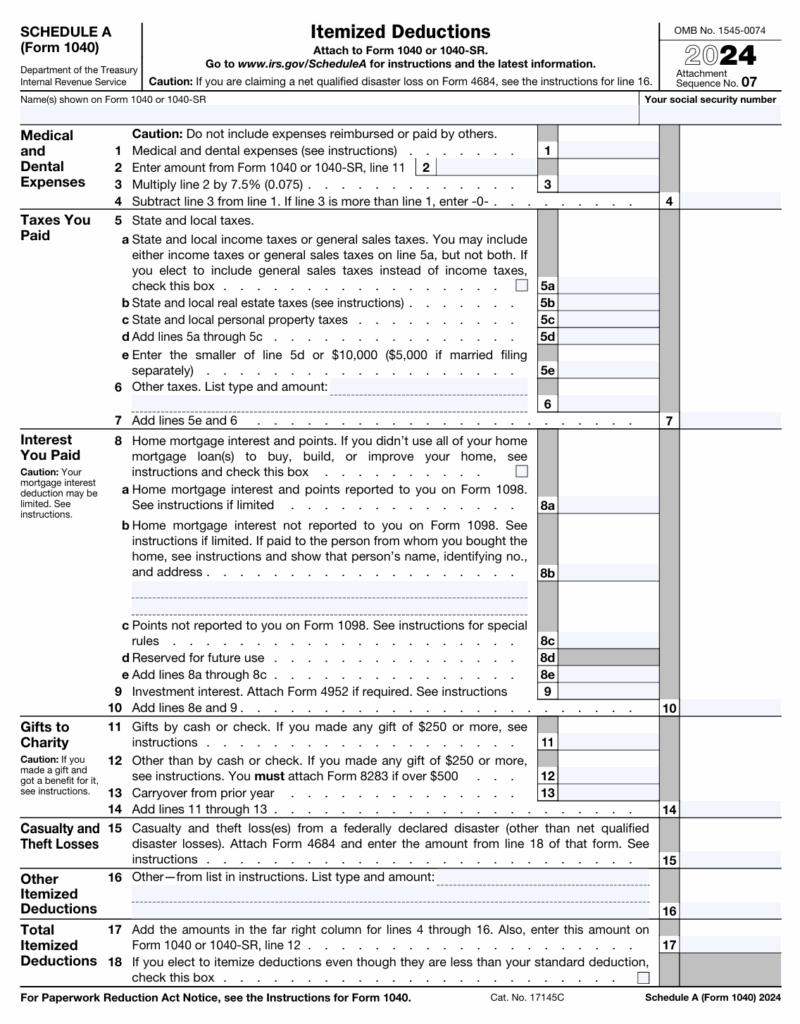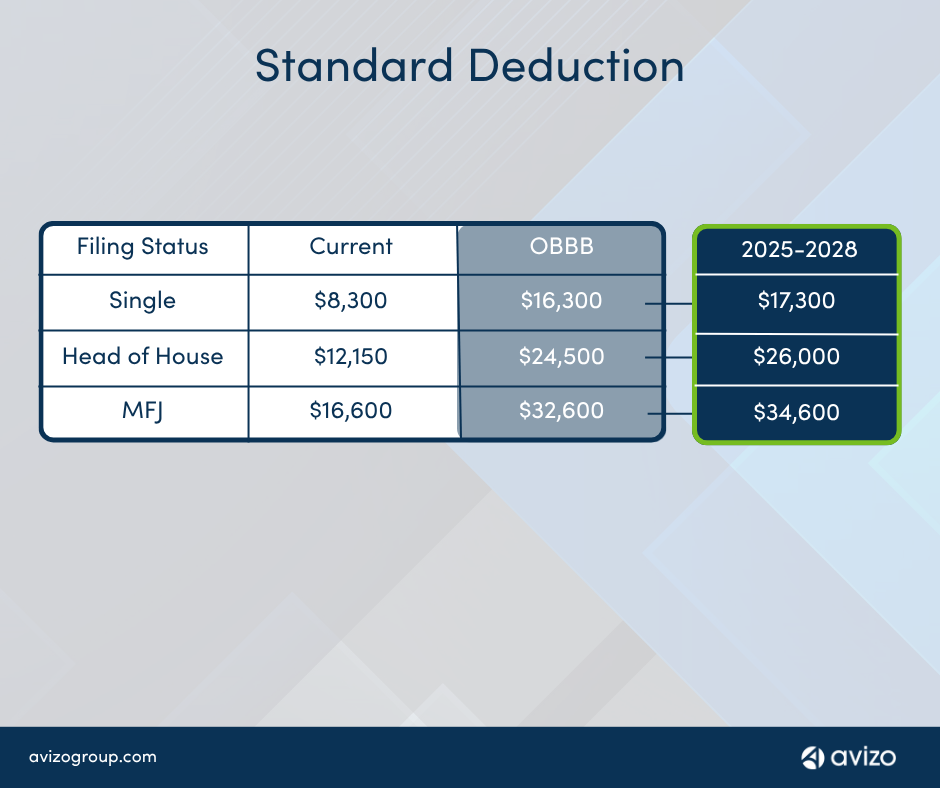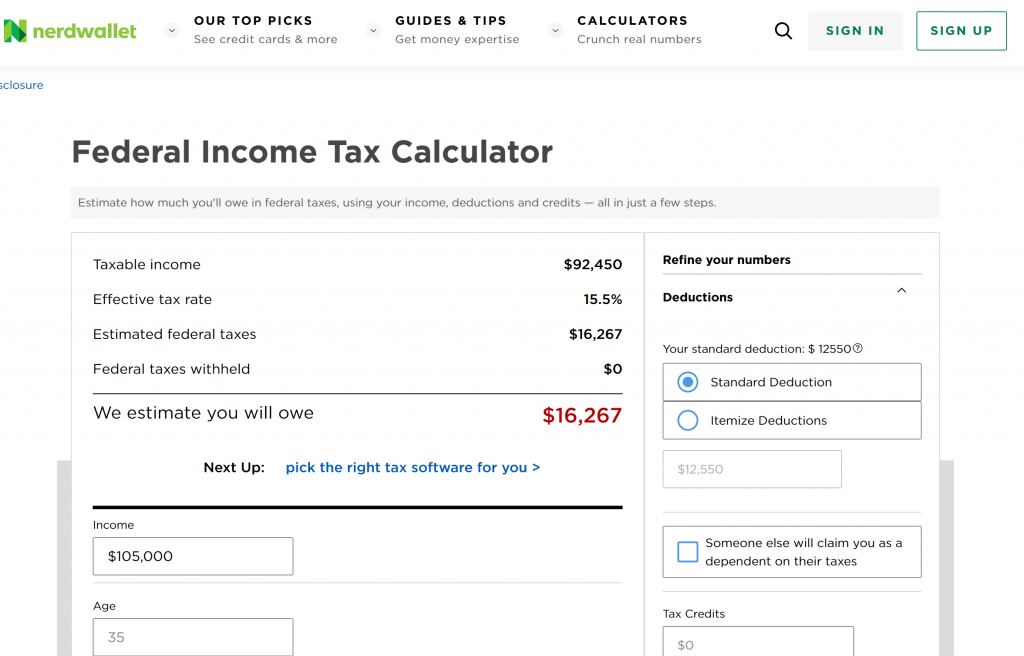How your residency status affects your FEIE Standard Deduction eligibility
Wiki Article
All You Need to Find Out About the Foreign Earned Earnings Exemption and Its Connection to the Basic Deduction
The Foreign Earned Earnings Exclusion (FEIE) presents an important opportunity for united state citizens and resident aliens functioning abroad to decrease their taxed revenue. Understanding the qualification standards and asserting procedure is necessary. The interaction between the FEIE and the basic deduction can complicate tax obligation technique. Missteps in navigating these policies can result in missed out on benefits. Checking out these facets discloses crucial info for reliable tax obligation preparation and maximizing monetary benefits.Recognizing the Foreign Earned Income Exclusion (FEIE)
The Foreign Earned Revenue Exemption (FEIE) serves as a vital tax provision for united state residents and resident aliens who work abroad, permitting them to exclude a substantial portion of their foreign-earned revenue from U.S. federal tax. This provision is essential for individuals living outside the United States, as it helps alleviate the financial worry of double taxation on earnings earned in foreign countries. By using the FEIE, qualified taxpayers can minimize their gross income substantially, advertising monetary stability while living and working overseas. The exemption amount is adjusted annually for inflation, ensuring it reflects current financial problems. The FEIE is particularly useful for those in areas with a greater expense of living, as it permits them to preserve more of their revenues. Understanding the technicians and ramifications of the FEIE encourages migrants to make informed financial choices and maximize their tax obligation circumstances while staying abroad.Qualification Requirements for the FEIE
To get approved for the Foreign Earned Income Exclusion, individuals need to fulfill details qualification demands that consist of the Residency Examination and the Physical Visibility Examination. Additionally, work condition plays a vital role in figuring out eligibility for this tax benefit. Understanding these requirements is important for any individual looking for to take benefit of the FEIE.
Residency Test Standard
Determining eligibility for the Foreign Earned Earnings Exemption (FEIE) rests on conference particular residency test criteria. Mostly, people should develop their tax home in a foreign country and show residency through either the authentic house examination or the physical existence test. The bona fide home examination calls for that a taxpayer has actually developed an irreversible house in an international nation for a continuous period that covers an entire tax year. This entails demonstrating intent to make the foreign location a major home. Additionally, the taxpayer must exhibit ties to the international country, such as safeguarding family members, employment, or real estate connections. Satisfying these residency standards is crucial for getting approved for the FEIE and efficiently minimizing tax obligations on gained revenue abroad.Physical Existence Test
Fulfilling the residency standards can likewise be achieved via the physical existence examination, which provides an alternative path for getting the Foreign Earned Earnings Exclusion (FEIE) To satisfy this test, a specific should be literally present in an international nation for at least 330 full days during a consecutive 12-month period. This requirement emphasizes the importance of real physical visibility, rather than just maintaining a home abroad. The 330 days do not have to be consecutive, enabling versatility in traveling setups. This examination is especially valuable for U.S. locals or citizens functioning overseas, as it enables them to exclude a considerable part of their international earned revenue from united state tax, thus lowering their general tax obligation responsibilityEmployment Standing Needs
Qualification for the Foreign Earned Revenue Exemption (FEIE) depends upon details work standing demands that individuals have to meet. To certify, taxpayers should show that their income is derived from international sources, typically via employment or self-employment. They must be either a united state citizen or a resident alien and preserve a tax obligation home in an international nation. Furthermore, people need to satisfy either the Physical Presence Examination or the Bona Fide Residence Test to establish their international status. Self-employed people must report their web earnings, ensuring they do not exceed the established exclusion limitations. It's crucial for applicants to keep correct documentation to validate their claims regarding work condition and international income throughout the tax year.Just how to Assert the FEIE

Eligibility Demands Discussed
For individuals looking for to take advantage of the Foreign Earned Revenue Exemption (FEIE), understanding the qualification requirements is vital. To qualify, one should meet 2 main tests: the authentic home examination or the physical visibility test. The bona fide home examination puts on those that have actually established a copyright in an international country for a nonstop period, generally a year or more. On the other hand, the physical presence examination needs people to be physically existing in an international country for a minimum of 330 days during a 12-month duration. FEIE Standard Deduction. In addition, only gained income from international resources receives exemption. Meeting these requirements is essential for taxpayers desiring to reduce their taxable revenue while residing abroadNeeded Tax Kinds
Just how can one effectively claim the Foreign Earned Revenue Exclusion (FEIE)? To do so, certain tax obligation types must be utilized. The main type needed is internal revenue service Type 2555, which allows taxpayers to report foreign made revenue and assert the exemption. This type needs comprehensive details concerning the individual's foreign residency and the income gained while living abroad. Furthermore, if asserting the exemption for real estate expenses, Type 2555-EZ might be utilized for simpleness, offered certain standards are fulfilled. It is crucial to ensure that all required sections of the kinds are finished accurately to avoid delays or problems with the IRS. Understanding these forms is important for making the most of the benefits of the FEIE.Declaring Refine Steps
Asserting the Foreign Earned Income Exemption (FEIE) entails a collection of clear and well organized steps. People need to identify their qualification, verifying they satisfy the physical presence or bona fide residence tests. Next, they should finish IRS Form 2555, detailing income gained abroad and any kind of applicable exclusions. It is important to gather sustaining paperwork, such as international income tax return and proof of home (FEIE Standard Deduction). After submitting the kind, taxpayers should affix it to their annual income tax return, commonly Type 1040. Filing electronically can enhance this procedure, but guaranteeing accurate info is crucial. Individuals need to keep duplicates of all submitted kinds and supporting files for future referral in case of audits or inquiries from the IRS.The Criterion Deduction: A Review
The common reduction works as an important tax advantage that simplifies the declaring process for many individuals and family members. This reduction enables taxpayers to lower their taxed earnings without the requirement to make a list of deductions, making it an appealing option for those with uncomplicated financial circumstances. For the tax obligation year, the typical deduction amount varies based on filing condition, with different thresholds for single filers, married couples submitting collectively, and heads of home.
The standard deduction is adjusted annually for rising cost of living, guaranteeing its importance in time. Taxpayers that certify can choose in between the standard deduction and detailing their reductions, usually selecting the better advantage. By offering a baseline deduction, the conventional deduction supports taxpayers in decreasing their overall tax obligation liability, thus improving their economic position. Comprehending the conventional deduction is vital for efficient tax preparation and maximizing potential financial savings for individuals and family members alike.
Interaction Between FEIE and Conventional Deduction
While both the Foreign Earned Revenue Exemption (FEIE) and the typical deduction offer to reduce taxable revenue, their communication can considerably influence a taxpayer's overall tax obligation. Taxpayers who receive the FEIE can leave out a substantial amount of their foreign-earned revenue, which may influence their eligibility for the basic deduction. Specifically, if a taxpayer's international earnings is totally excluded under the FEIE, their gross income may fall listed below the limit essential to claim the basic deduction.Bonuses However, it is vital to note that taxpayers can not double-dip; they can not utilize the same earnings to declare both the FEIE and the basic reduction. This indicates that cautious factor to consider is needed when identifying the ideal method for tax obligation decrease. Ultimately, recognizing just how these two arrangements communicate allows taxpayers to make informed choices, guaranteeing they maximize their tax benefits while staying compliant with internal revenue service policies.
Tax Benefits of Using the FEIE
Utilizing the Foreign Earned Revenue Exemption (FEIE) can provide notable tax obligation advantages for united state citizens and resident aliens living and working abroad. This exclusion permits eligible people to exclude a particular amount of foreign-earned earnings from their gross income, which can lead to significant tax savings. For the tax obligation year 2023, the exemption amount is up to $120,000, considerably minimizing the gross income reported to the internal revenue service.
Furthermore, the FEIE can assist avoid double taxation, as foreign tax obligations paid on this revenue may likewise be try these out qualified for credit scores or deductions. By tactically utilizing the FEIE, taxpayers can keep even more of their income, permitting improved economic stability. The FEIE can be beneficial for those that certify for the bona fide residence test or physical existence examination, providing adaptability in managing their tax obligation commitments while living overseas. In general, the FEIE is a beneficial device for expatriates to optimize their economic resources.

Typical Blunders to Stay Clear Of With FEIE and Standard Reduction
What pitfalls should taxpayers understand when asserting the Foreign Earned Earnings Exemption (FEIE) together with the common reduction? One common blunder is presuming that both advantages can be declared concurrently. Taxpayers should comprehend that the FEIE must be asserted before the basic reduction, as the exclusion essentially lowers taxable earnings. Falling short to fulfill the residency or physical presence examinations can also result in ineligibility for the FEIE, leading to unanticipated tax obligation obligations.Additionally, some taxpayers forget the requirement of correct paperwork, such as keeping documents of international earnings and traveling days. An additional constant error is overlooking the exemption amount, potentially as a result of wrong kinds or misconception of tax laws. Ultimately, individuals must bear in mind that declaring the FEIE could impact qualification for sure tax obligation credit scores, which can complicate their total tax scenario. Recognition of these mistakes can help taxpayers navigate the intricacies of worldwide taxation better.
Often Asked Questions
Can I Claim FEIE if I Live Abroad Part-Time?
Yes, an individual can declare the Foreign Earned Revenue Exclusion if they live abroad part-time, given they meet the required needs, such as the physical visibility or bona fide home tests described by the IRS.Does FEIE Affect My State Tax Obligation Obligations?
The Foreign Earned Earnings Exemption (FEIE) does not straight influence state tax obligations. States have differing rules pertaining to income earned abroad, so people must consult their certain state tax obligation regulations for precise guidance.Are There Any Type Of Expiration Dates for FEIE Claims?
Foreign Earned Revenue Exemption (FEIE) insurance claims do not have expiry dates; nonetheless, they need to be asserted yearly on tax site link returns. Failure to case in a provided year may cause lost exclusion advantages for that year.Exactly How Does FEIE Influence My Social Safety And Security Conveniences?
The Foreign Earned Income Exemption (FEIE) does not straight effect Social Safety benefits, as these advantages are based upon lifetime revenues. Excluded income may minimize overall earnings, possibly impacting future advantage calculations.Can I Withdraw My FEIE Claim After Filing?
Yes, an individual can revoke their International Earned Revenue Exemption case after filing. This cancellation has to be sent via the proper tax kinds, and it will influence their tax commitments and potential deductions progressing.The Foreign Earned Earnings Exclusion (FEIE) presents an important chance for United state residents and resident aliens working abroad to reduce their taxable earnings. Recognizing the Foreign Earned Revenue Exemption (FEIE)
The Foreign Earned International Exclusion RevenueFEIE) serves as offers essential tax provision for U.S. citizens united state people aliens who work abroad, allowing them permitting exclude an omit portion considerable part foreign-earned income from U.S. federal united state. While both the Foreign Earned Income Exclusion (FEIE) and the common deduction offer to decrease taxed revenue, their communication can considerably affect a taxpayer's total tax obligation. Utilizing the Foreign Earned Revenue Exclusion (FEIE) can offer remarkable tax benefits for U.S. residents and resident aliens living and working abroad. Foreign Earned Income Exemption (FEIE) cases do not have expiration days; nevertheless, they need to be claimed annually on tax returns.
Report this wiki page